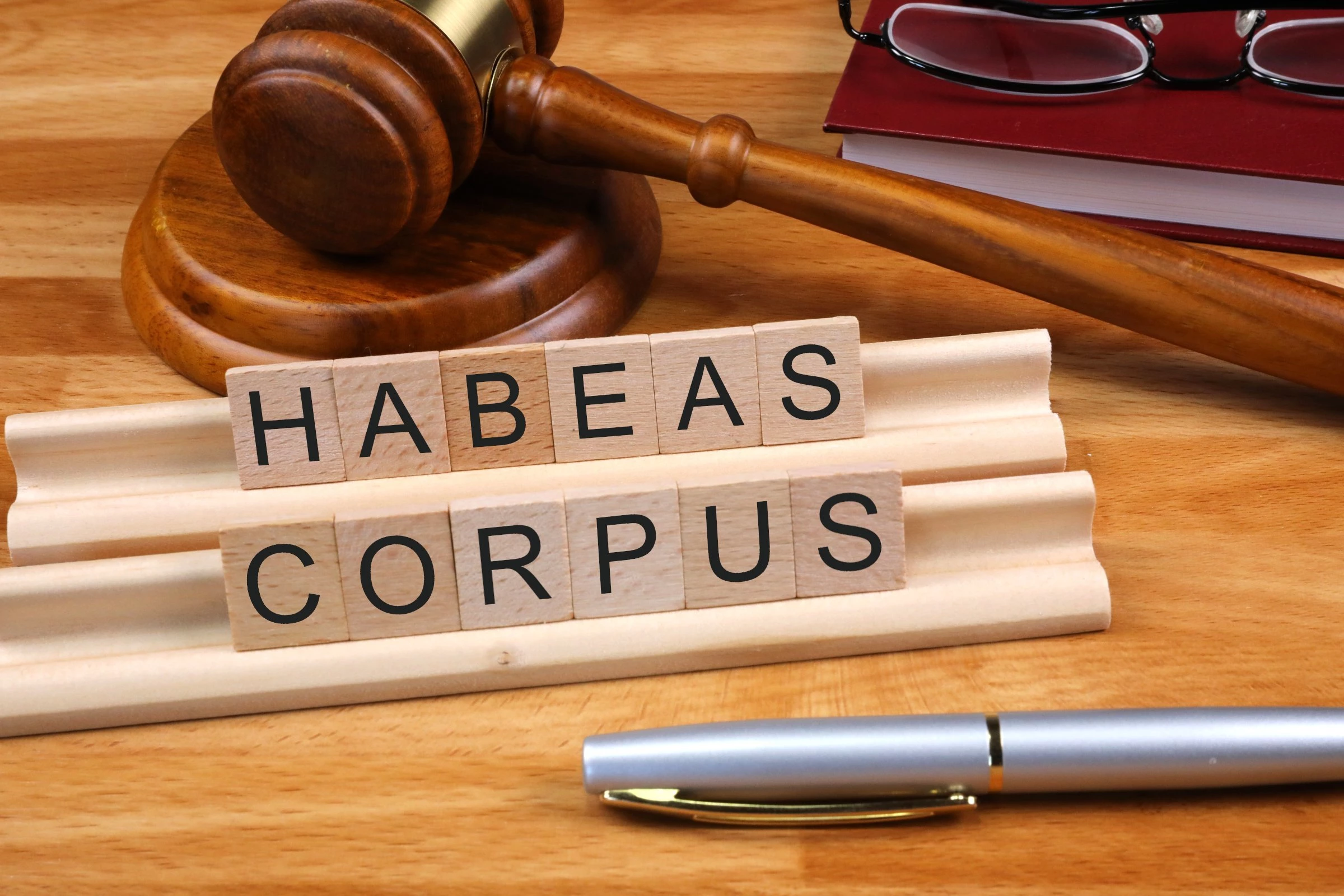Recognizing Habeas Corpus: An Attorney's Guide to Legal Civil Liberty
Comprehending the Duty of a Post-Conviction Lawyer in Seeking Justice After a Criminal Sentence
In the complex landscape of post-conviction lawful procedures, the function of a post-conviction legal representative is essential in navigating the course to justice after a criminal sentence. Past the confines of a trial, these lawful professionals participate in a diverse technique focused on discovering new proof, challenging lawful mistakes, and promoting for their customers' civil liberties. The complexities of post-conviction job require a mix of lawful acumen, investigative skills, and tactical assuming to unravel the complexities of a case and pursue opportunities that might have been ignored or underexplored. As the pursuit of justice prolongs past the confines of first process, the function of a post-conviction attorney becomes a beacon of expect those looking for to correct oppressions and recover their civil liberties within the lawful system.
Post-Conviction Attorney's Investigatory Job
Post-conviction attorneys engage in precise investigative work to uncover new evidence, step-by-step errors, or transgression that could possibly bring about overturning a sentence. This investigative phase is crucial in the post-conviction process as it intends to identify any type of neglected details or lawful missteps that may have affected the result of the preliminary trial. Post-conviction attorneys look into situation files, witness testimonies, and lawful paperwork with a fine-tooth comb, looking for any kind of disparities or abnormalities that might be grounds for appeal.
Through detailed examination, post-conviction legal representatives aim to lose light on potential injustices that might have happened throughout the original test. They might carry out interviews, talk to experts, and evaluation forensic evidence to build an engaging case for their clients. By looking at every aspect of the lawful process, post-conviction lawyers work tirelessly to uncover any kind of elements that may have influenced the judgment. Eventually, their investigatory job plays a crucial function in the quest of justice and the prospective turnaround of wrongful convictions.
Crafting Appeals and Petitions
In the pursuit of justice after a conviction, competent legal representatives carefully craft charms and requests to present engaging debates for the reconsideration of lawful decisions. Crafting appeals and applications requires a deep understanding of the lawful system, focus to detail, and tactical reasoning. Post-conviction legal representatives analyze trial documents, recognize potential mistakes or violations of civil liberties, and establish legal debates to test the sentence or sentence.
When crafting an allure, legal representatives concentrate on highlighting lawful mistakes that might have influenced the outcome of the situation. They investigate case legislation, statutes, and lawful precedents to sustain their disagreements. Applications, on the other hand, might involve presenting new evidence that was not offered during the trial or showing changes in the law that warrant a west virginia federal habeas corpus attorneys testimonial of the sentence.
Additionally, post-conviction lawyers need to abide by strict step-by-step rules and target dates when submitting charms and applications. They should offer their debates clearly and persuasively to persuade the court to approve alleviation to their customers. With careful crafting of allures and requests, post-conviction lawyers strive to safeguard justice for individuals that have been wrongfully founded guilty or unfairly punished.

Going After Post-Conviction Relief
Post-conviction relief includes a range of legal mechanisms developed to challenge the validity of a sentence or sentence. Post-conviction lawyers play a vital function in navigating these complex procedures, guaranteeing that all legal choices are explored to rectify injustices that might have happened during the test or sentencing stage.
One common kind of post-conviction relief is filing an application for post-conviction relief, commonly based on claims of inadequate support of advice, prosecutorial misbehavior, recently uncovered proof, or constitutional offenses. Experienced post-conviction legal representatives possess the abilities and understanding needed to determine sensible lawful claims, perform investigations, and present compelling disagreements to protect alleviation for their clients.
Making Use Of Forensic Evidence
When testing a conviction or sentence, the calculated usage of forensic evidence can be a powerful tool in post-conviction lawful proceedings. Forensic evidence includes a large array of clinical methods used to explore criminal offenses and establish realities in court. Post-conviction attorneys can utilize forensic proof to test the credibility of convictions by providing brand-new clinical findings that were not offered throughout the initial trial.

Participating In Sentence Alterations
Post-conviction legal representatives might explore the opportunity of sentence alterations as a legal avenue to resolve out of proportion or unjustified sentences passed on in criminal instances. Sentence alterations entail looking for changes to the regards to an accused's sentence after a conviction has happened. These adjustments can include reducing the size of a sentence, modifying the kind of penalty enforced, or checking out different sentencing alternatives.
Post-conviction lawyers can pursue sentence adjustments via different lawful systems, such as submitting movements for sentence decrease, appealing for thoughtful release, or discussing appeal deals for reduced sentences. They should carefully review the scenarios of the situation, analyze the legal premises for looking for an alteration, and existing compelling arguments to the court supporting the demand for a revised sentence.
Participating in sentence alterations requires a comprehensive understanding of criminal regulation, sentencing standards, and the specific procedures entailed in looking for post-conviction alleviation. Post-conviction attorneys play a crucial role in supporting for fair and simply end results by challenging sentences that are unduly extreme or do not straighten with the principles of justice.
Conclusion
To conclude, the duty of a post-conviction attorney is important in looking for justice after a criminal conviction. With investigatory job, crafting charms and requests, seeking post-conviction alleviation, utilizing forensic evidence, and involving in sentence adjustments, these lawful professionals play a crucial duty in supporting for their clients and ensuring that their legal rights are promoted within the criminal justice system. Their devotion and competence are necessary in browsing the complexities of post-conviction process and accomplishing a fair outcome for individuals encountering criminal convictions.